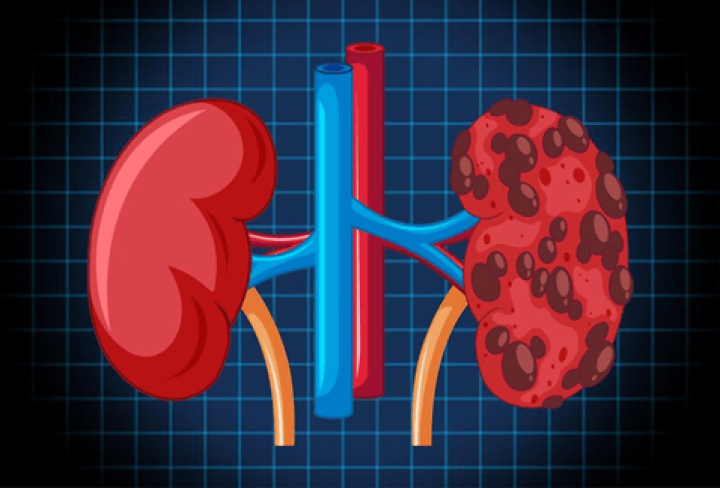Chronic Kidney Disease (CKD), also known as chronic kidney failure, is a condition characterized by the gradual loss of kidney function. Your kidneys play a crucial role in filtering waste and excess fluids from your blood, which are then removed through urine. As CKD progresses, it can lead to dangerous accumulations of fluid, electrolytes, and waste products in your body.
This comprehensive guide will provide you with essential information about CKD, including its causes, symptoms, diagnosis, treatment options, and prevention strategies.
Understanding Chronic Kidney Disease
CKD is a condition that develops over months or years, resulting in impaired kidney function. It often goes unnoticed in its early stages because symptoms may be mild or absent. You might not realize you have CKD until the disease is advanced.
Symptoms of Chronic Kidney Disease
Symptoms of CKD may appear as the condition progresses and can include:
- Nausea
- Vomiting
- Loss of appetite
- Fatigue and weakness
- Sleep problems
- Changes in urination (more or less frequent)
- Decreased mental sharpness
- Muscle cramps
- Swelling of feet and ankles
- Dry, itchy skin
- Difficult-to-control high blood pressure
- Shortness of breath (due to fluid buildup in the lungs)
- Chest pain (due to fluid buildup around the heart)
It is important to note that CKD symptoms are often nonspecific and can be caused by other medical conditions. These symptoms may not become apparent until significant kidney damage has occurred.
Causes of Chronic Kidney Disease
CKD can be attributed to various diseases and conditions, including:
- Type 1 or Type 2 Diabetes
- High blood pressure
- Glomerulonephritis (inflammation of kidney filtering units)
- Interstitial nephritis (inflammation of kidney tubules and surrounding structures)
- Polycystic kidney disease or other inherited kidney disorders
- Prolonged urinary tract obstruction (due to conditions like enlarged prostate, kidney stones, or certain cancers)
- Recurrent kidney infections (pyelonephritis)
- Frequent use of medications that can damage the kidneys
Diagnosis
Early detection through regular check-ups is crucial. Diagnosis involves various tests, including blood and urine analysis and imaging studies to assess kidney function and determine the stage of CKD.
Treatment
Treatment aims to slow disease progression and manage underlying causes. Depending on the cause and severity, treatment may include:
- Medications to control high blood pressure and preserve kidney function.
- Diuretics and dietary changes to manage fluid retention.
- Supplements to treat anemia and protect bones.
- Lifestyle modifications, including a lower protein diet to reduce kidney workload.
- In cases of advanced CKD, options may include dialysis or a kidney transplant.
Prevention and Lifestyle Measures
- Follow instructions for over-the-counter medications to avoid kidney damage.
- Maintain a healthy weight through regular physical activity.
- Quit smoking to protect your kidneys and overall health.
- Control underlying medical conditions with your doctor’s guidance, especially if you have diabetes or high blood pressure.
- Regularly monitor your kidney function if you are at risk due to family history or other factors.
Understanding and managing chronic kidney disease is vital for your overall health and well-being. By recognizing risk factors, adopting a healthy lifestyle, and seeking regular medical care, you can take proactive steps to protect your kidneys and reduce the impact of CKD on your life.
